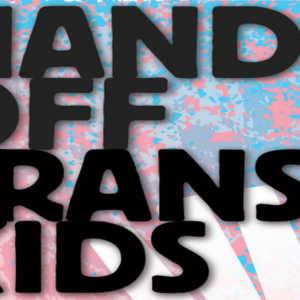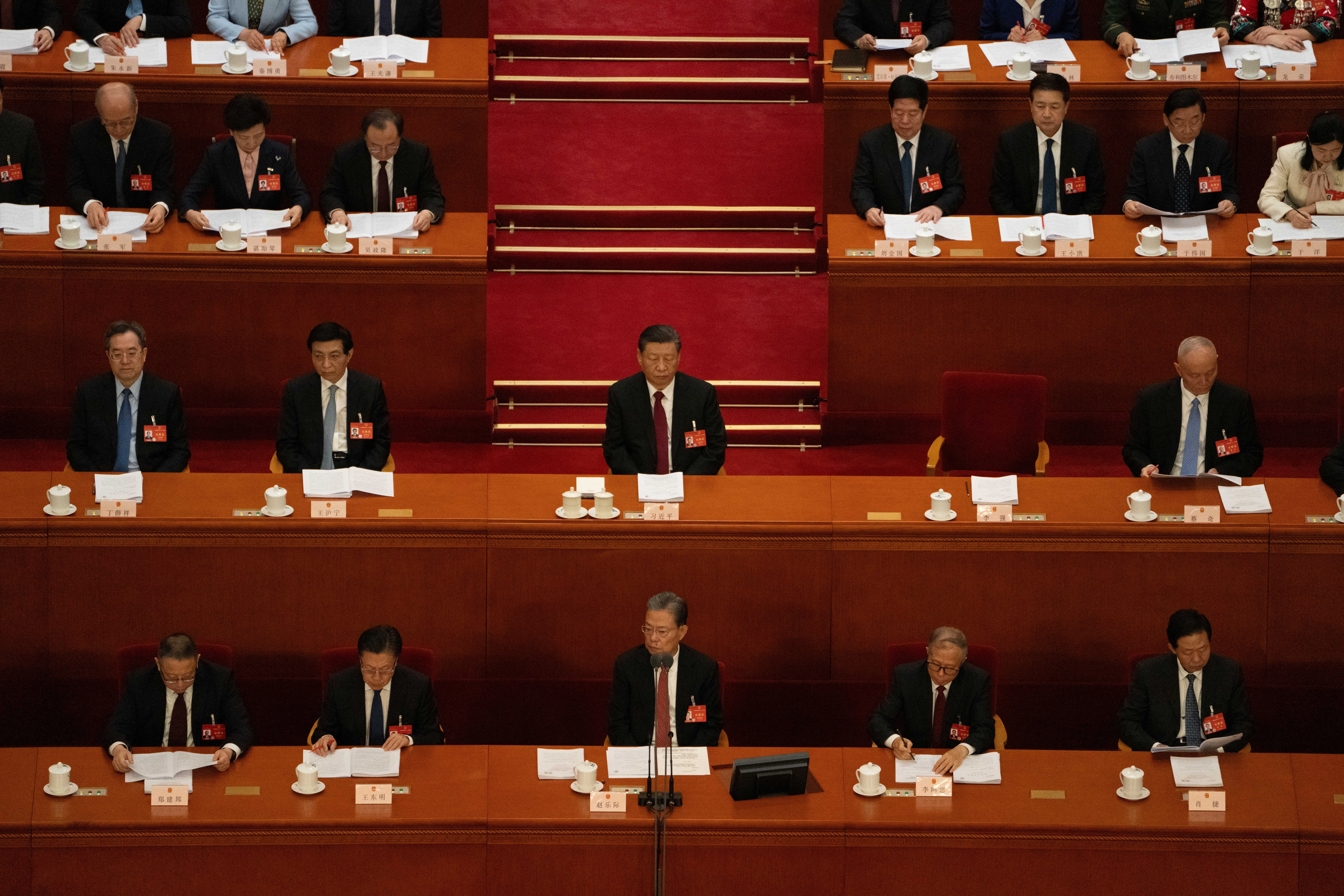Source >> New Politics
I am thankful to Tom Dale for starting his discussion of my article “The Left and Ukraine: Two Pitfalls to Avoid” (first published by Labour Hub, reposted by New Politics) by describing me as having “long been one of the more nuanced socialist commentators on foreign affairs” and asserting that “no one can accuse [me] of delivering off-the-peg answers.” I’m afraid though that, right after this kind introduction, he accuses me of precisely what he had just asserted that no one can accuse me of.
He thus starts by reproaching me for falling into “a trap common amongst leftists seeking to reconcile their sympathy for Ukrainians with overarching opposition to the projection of Western hard power,” the said trap consisting in resorting to a “method” that “functions by means of abstractions” in relying on “key terms that only function within the argument by virtue of fundamental vagueness.” The problem, however, says Dale, is that “war is necessarily and brutally concrete.” Having lived through several years of civil war and Israeli invasions in Lebanon, my country of origin, I am well aware of what war is. It is Dale who actually displays a rather abstract idea of war, downplaying its brutality and ugliness in order to champion views generally upheld by warmongers.
I will here discuss his core arguments, those addressed specifically to me, leaving aside his critique of Noam Chomsky, who is the other main target of his article. Dale deals with two main issues, that of arms deliveries to Ukraine and that of NATO. I will address both of them here, seizing this new opportunity to clarify my position. Since the start of the Russian invasion last year, I have written various responses to critics belonging to the two opposite sides depicted in my latest article. Of all my critics, however, Dale has gone the farthest in the direction of what I characterized as the pro-NATO neo-campist position, getting actually quite close to the views held by Paul Mason whom I quoted in my piece. Since this kind of position seems to be gaining ground among left-wing supporters of Ukraine’s right to self-defense, Dale’s critique is a welcome opportunity to further discuss it.
1. Arms Deliveries to Ukraine: Dale reproaches me for having criticized a motion by the British union GMB, the main union active in the British military-industrial complex, of which he reproduces only one half of the passage that I quoted: “Ukraine is also fully entitled to seek to import the most modern and technologically advanced weapons systems from across the world to resist the attacks and regain its territory.” Had the motion consisted of only this sentence, I would not have criticized it. The problem, however, is the second part of the passage that I quoted: “Congress considers that Governments in the UK and other nations with advanced defence manufacturing industries have a duty to respond positively with the weapons Ukraine needs to defend itself.”
The crux of the matter is indeed the difference between what Ukraine is entitled to seek and what progressives agree that Western governments must provide it with. Ukraine is certainly entitled to seek any weapons that help it achieve a military parity with its aggressor. It is thus entitled to request advanced fighter jets, cluster bombs, and even—why not? following the same logic—nuclear weapons. I hope that I do not need to explain why the provision by the USA, Britain, or France of nuclear weapons to Ukraine would be completely foolish, creating the potential for a major crime against humanity and prompting Russia to strike Ukraine preemptively with “tactical” nukes.
Of course, Tom Dale does not go to that logical extreme of his argument, but it is already symptomatic that he mentions the provision by the U.S. of cluster bombs to Ukraine without expressing the slightest reservation, let alone criticism. The issue of cluster bombs is a good illustration indeed of the need for clarity about the kind of weapon deliveries by Western governments that left-wing supporters of Ukraine’s right to self-defense should be approving and the kind they should disapprove. It is quite worrisome that some of those supporters have drifted so far in espousing the views of Ukraine’s military and right-wing government that they now defend the provision of cluster bombs to Ukraine, a stance that disregards basic humanitarian safeguards codified in the Law of War. Progressives should be the most ardent defenders of such limitations to warfare instead of displaying lower moral standards than major outlets of Western mainstream liberal opinion, the New York Times included.
I have repeatedly explained the meaning of distinguishing between defensive and offensive weapons, like in the interview with my good friend Steve Shalom that New Politics published last December. Allow me to reproduce here the relevant passage:
It has been my position from the very beginning to put emphasis on the defensive purpose of arms deliveries to Ukraine. It is true that there are no clearcut boundaries between defensive and offensive weapons, but the clearest distinctions are of two kinds: one refers to the whole gamut of “anti” weapons: antiaircraft, antitank, antimissile, which are defensive by definition. I fully support the supply of such weapons. The other distinction refers to the weapons’ range. I don’t support NATO delivering to Ukraine weapons of a range that would allow its armed forces to strike deep into Russian territory. Not because it would be unfair: Ukraine actually has a full moral right to strike deep into Russia since the latter is extensively pounding Ukraine’s territory, thus blatantly committing war crimes in deliberately destroying Ukraine’s civilian infrastructure. …
What I wouldn’t support is NATO providing to Ukraine long-range missiles and planes, rather than just antimissile and antiaircraft weapons. Nor would I support NATO enforcing a no-fly zone over Ukraine. Such steps would be a perilous escalation of NATO’s involvement in this war, and no territory on earth is worth risking a major global war and a nuclear confrontation for its sake. Note that Washington itself is keen on avoiding that qualitative escalation, which is why it has been refraining from delivering long-range weapons to Ukraine.
The starting point is support for Ukraine’s right to get what it needs to defend itself and push Russian troops back from the territory they grabbed since last year’s invasion. What remains after that is a matter of concrete assessment of each case. For instance, I was and am still against the delivery of U.S. F-16s to Ukraine, which is what I meant by opposing the delivery of fighter jets by NATO countries. However, I do not oppose the delivery to Ukraine by its neighbors of the remaining MiGs that have been in their possession since the time of the USSR. Delivery of the latter does not change qualitatively Ukraine’s means and does not therefore represent a significant escalation (nor has it truly been seen by Moscow as such). It would only allow Ukraine to make up for the planes that it lost during the ongoing war, or that have become immobilized by lack of spare parts.
Delivery of F-16s, on the other hand, would represent a qualitative escalation of U.S. and NATO participation in the war. That is why the Biden administration itself has been very reluctant to provide such planes to Ukraine, and even though it has changed its position on the face of it, the fact is that its change of mind has only translated until now in training Ukrainian pilots, as other NATO countries such as the UK had already been doing. That’s why this move has been described as no game changer. An actual delivery of F-16s to Ukraine would carry a risk of provoking a vicious reaction by Moscow, which can be expected to do anything in its power to prevent their use (such as pounding Ukraine’s airports) and conduct further murderous onslaughts on the country’s civilian population in retribution.
The anti-NATO neo-campists hide behind the argument that the ongoing war is one by proxy between two imperialist camps in order to justify their blanket opposition to weapons deliveries to Ukraine, thus practically wishing for this country to be overwhelmed by the Russian forces, in full contradiction with the condemnation of the Russian invasion that they concede, lest they appear as supporters of Russian imperialism. Anti-Putin neo-campism, on the other hand, espouses the cause of Ukrainian maximalists by deliberately ignoring the fact that Ukraine is clearly being used as a proxy by NATO powers in order to cripple their Russian imperialist rival.
Had the ongoing war been solely an inter-imperialist war, even if only by proxy, I would have certainly adopted a stance similar to that of the internationalists who, during the First World War, called on soldiers of both sides to oppose the war even at the cost of their country’s defeat. However, the ongoing war remains at bottom until now an anti-imperialist war of self-defense on Ukraine’s side, even if it is indeed exploited by NATO powers for their own strategic interest. I oppose anything that might tilt the balance toward turning this war into an essentially inter-imperialist one.
A final consideration is that emphasizing Ukraine’s legitimate right to self-defense is actually much better for its cause than calling for quantitatively and qualitatively unlimited support for its military in pursuing long-term goals that involve a strategic defeat of Russia. The Ukraine government’s constant maximalist upping of the ante, though understandable, risks alienating public and working-class support for Ukraine’s cause in Western countries. That even a warmonger like British defense secretary Ben Wallace complained that Kyiv is treating its Western purveyors of weaponry as if they were Amazon should have rung the alarm bell for the Ukrainian rulers.
2. NATO: I have written a whole book on this issue, and I invite Tom Dale and anyone interested to read it as I cannot explain everything in each article I write. Dale clearly misinterprets my position on the relation between NATO’s enlargement and the Russian invasion of 2022. What he summarizes about Putin, I happen to have explained at length in my book and various articles and interviews. He writes:
In 2014, Putin wanted to prevent Ukraine moving closer to the EU economically, and to establish an open conflict to reduce the already minuscule prospect of Ukraine joining NATO to zero. By 2022, he also seemed to fear that increased military cooperation between Ukraine and the West threatened to make the country a tougher nut to crack in any future invasion, and hence harder to bully. He also claimed to have been concerned that anti-missile emplacements would in future be established within Ukraine, and that these could notionally be used to launch offensive missiles too. On both occasions, Putin likely wanted to shore up his domestic popularity (as previous “military operations” had done); demonstrate that popular, anti-plutocratic mobilizations, such as Ukraine’s 2013-14 Maidan Revolution, would not be tolerated; and give expression to a chauvinist Imperial vision of a greater Russia to which Ukrainians, whether they like it or not, by rights belonged.
I do not disagree with the above. But Dale slides from this correct characterization of Putin’s imperialist motivations into a defense of NATO’s opposite and much bigger imperialism. He basically reproduces in his critique the well-known arguments of the partisans of the Atlantic Alliance. The gist of his argument is indeed a defense of NATO:
Several analysts have suggested that a more consensual alternative to NATO might have been available during the 1990s…. But this suggestion has never been plausibly integrated with a full account of the motivations for Russia’s imperial revanchism. Unless such a structure contained the essential element of NATO—a defensive alliance including the United States that would be activated in the event of an attack by Russia—it could not fulfill the necessary deterrent function.
He therefore dismisses the position that I expressed in my article, which has been the main position of the antiwar movement since the end of the Cold War, namely that NATO should have been disbanded and replaced by collective security organizations such as the OSCE (which includes most countries of Europe and the former USSR) and the UN—a position that naturally implies that the latter two organizations be revamped and enhanced so as to be effective guarantors of world peace.
More seriously still, Dale postulates a “Russian imperial revanchism” that should have been taken into account since the 1990s, rendering necessary an anti-Russian “defensive alliance including the United States.” Dale is hence repeating the hawkish discourse of those who, in the wake of the USSR’s collapse, advocated NATO’s extension to countries formerly dominated by Russia. The Western rightwing “realist” worldview, most prominently epitomized in the 1990s by Zbigniew Brzezinski, was built upon a quasi-racist postulate of atavistic Russian imperialism.
In opposition to that, the progressive worldview argued that the reactions of nations are very much shaped by economic and political conditions, which is why progressives denounced the neoliberal “shock therapy” fostered by the United States in Russia in the 1990s, opposed NATO’s extension, and argued instead for its replacement with inclusive collective security organizations such as the abovementioned. (A detailed account of the period and these debates is provided in my book.) In sum, this is but another iteration of the old political dispute between the conservative perspective predicated on the postulate that the present is perennial and the progressive perspective arguing that another world is possible.
Art Book Review Books Capitalism China Climate Emergency Conservative Government Conservative Party COVID-19 Creeping Fascism Economics EcoSocialism Elections Europe Event Video Far-Right Fascism Film Film Review France Gaza Global Police State History Imperialism Israel Italy Keir Starmer Labour Party London Long Read Marxism Marxist Theory Migrants NATO Palestine pandemic Protest Russia Solidarity Statement Trade Unionism Trans*Mission Ukraine United States of America War
Latest Articles
- France after the elections: How should the radical left act?In the wake of the National Assembly’s dissolution and new parliamentary configuration, La France Insoumise (LFI) should adopt a clear stance of radical opposition, emphasizing its commitment to anticapitalist principles and democratic reforms while avoiding any compromise with the existing government unless it secures absolute majority support from the populace, argues Gilbert Achcar.
- Why Socialists Oppose the Two‑Child Welfare CapIn this article, Simon Hannah explores why socialists vehemently oppose the government’s two-child welfare cap, arguing that it stems from austerity measures and reactionary views on the poor.
- Hands off Trans KidsA pamphlet from Anti*Capitalist Resistance.
- Two Child Benefit RevoltDave Kellaway responds to the revolt by Labour MPs and others to the Labour government keeping the Tories’ hated two child benefit cap.
- The beginning of the end of China’s rise?This is the second interview in a two-part series. The first interview (“Opposing US militarisation in the Asia-Pacific should not mean remaining silent on China’s emerging imperialism“) covered the nature of China’s state, its status in the world today, and implications for peace and solidarity activism.






